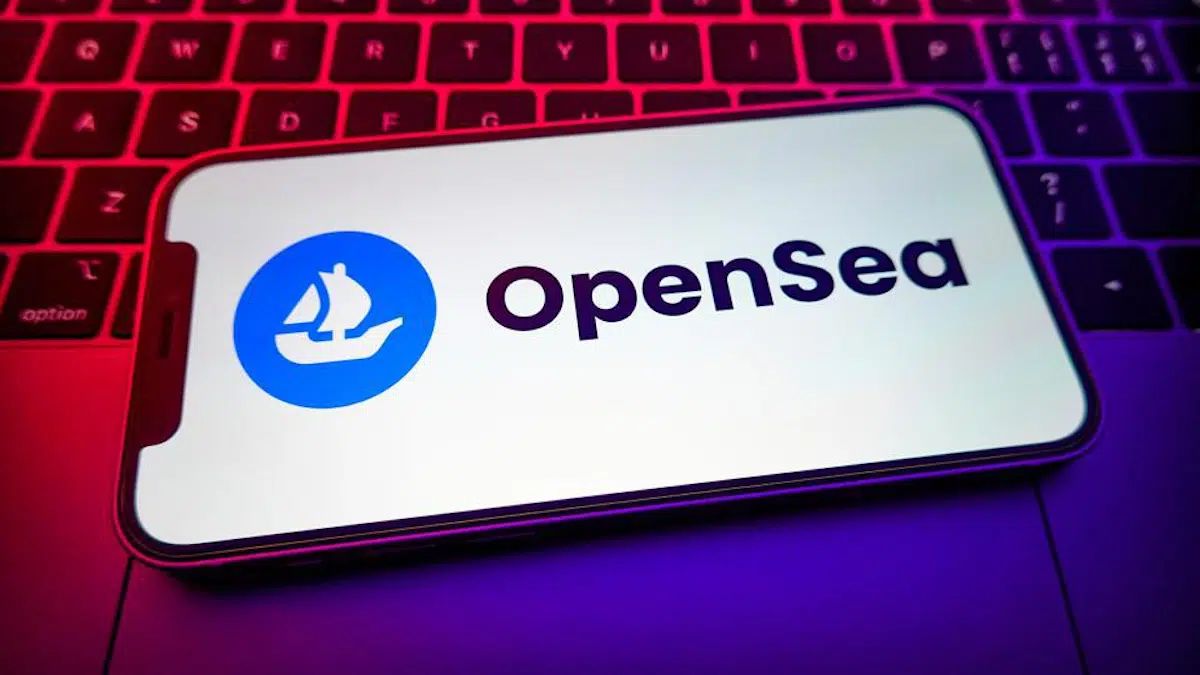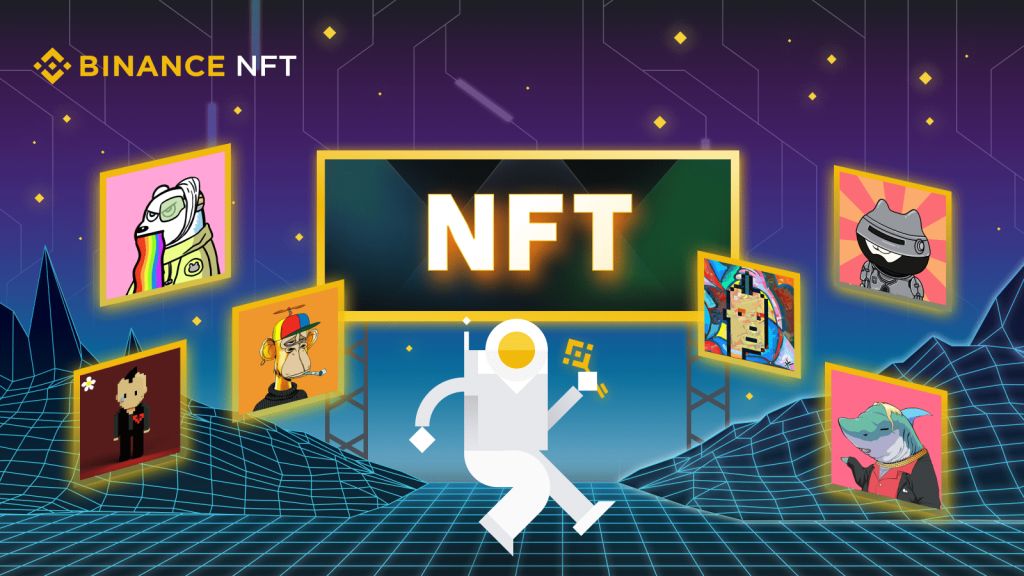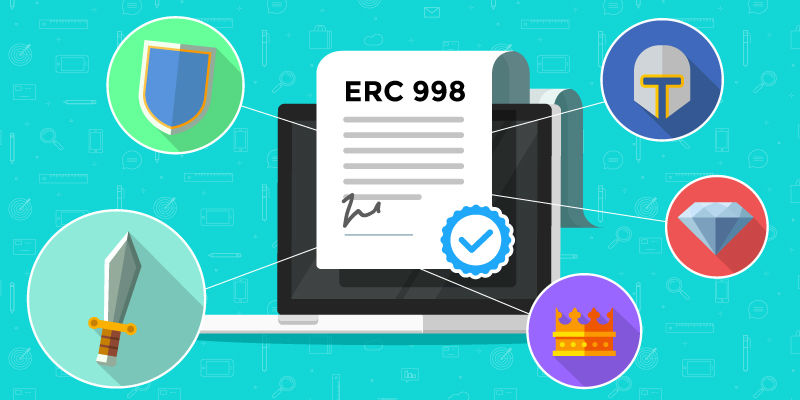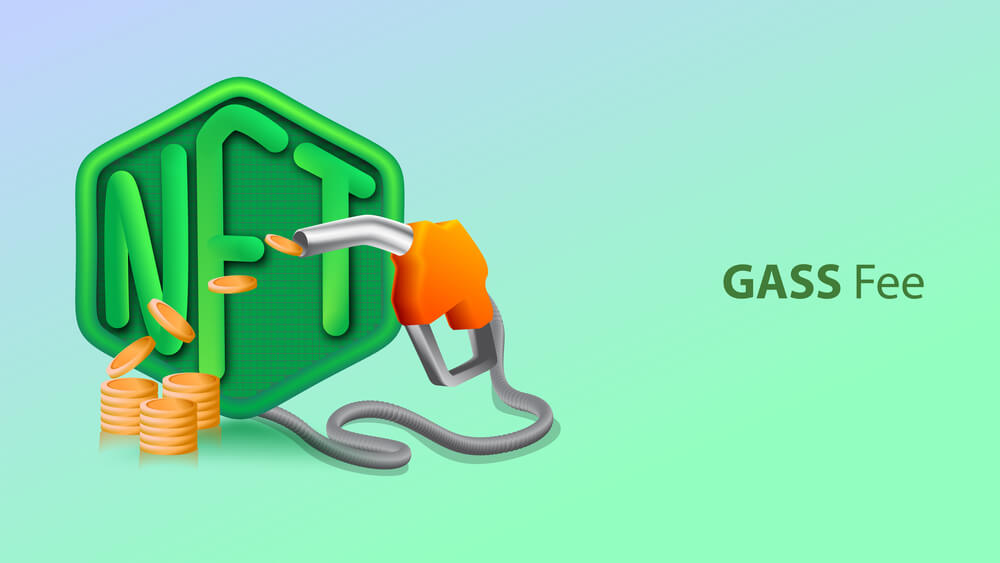The prominent nonfungible token (NFT) marketplace, OpenSea, has now made it clear that it has banned all Cuban artists because of the United States’ sanctions policy. Up to 30 Cuban collectors and artists do not have access to the marketplace.
OpenSea is among several multinational companies that have had to change their operations due to US sanctions targeting various countries around the world.
The Banning Of Cuban Artists
One Cuban NFT project, NFTcuba.Art, tweeted this matter to publicize their disabled Opensea account. The tweet states:
“Not only Cubans on the island, but people of other nationalities face censorship in Web3 companies.”
Buying art from Cubans is not banned in the United States embargo. Additionally, the nonfungible token (NFT) marketplace alleges that the firm is just following its Terms of Service. Moreover, it clearly bans sanctioned people and entities, including those in sanctioned jurisdictions.
long time since we posted, unfortunate that this post needs to be this.@opensea has disabled our profile.
Not only do Cubans on the island, but those who have other nationalities have to endure censorship in web3 company.
Buying art from Cubans is not banned in the us embargo pic.twitter.com/7cccbmjNWR
— NFTcuba.ART 🇨🇺 (@nftcubaart) December 12, 2022
OpenSea has banned at least 30 Cuban artists and collectors so far, based on Artnet. This includes Havana-based artists Gabrial Guerra Bianchini and Fábrica de Arte Cubano. While responding to the prevailing controversy, an OpenSea Spokesperson said:
“We continue to holistically evaluate what other measures need to be taken to serve our community and comply with applicable law.”
The full details of the marketplace’s policies do not come as a surprise since the banning of artists has happened before. The OpenSea NFT marketplace also previously restricted Iran, Venezuela, and Syria due to various US sanctions.
However, the recent ban on Cuban artists has sparked a lengthy debate on Twitter about the decentralization of NFT marketplaces. That has made artists and collectors to look elsewhere and select a different marketplace that lets them participate in Web3.





